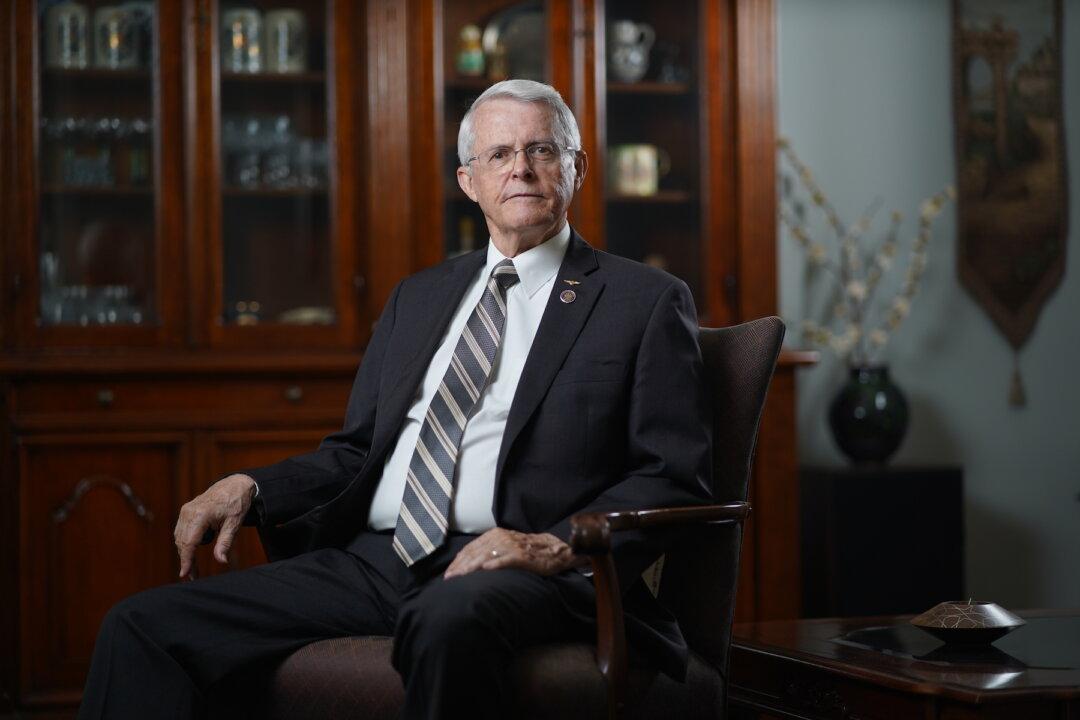A Vietnam War veteran and former Virginia state senator is at the center of a new battle: pushing back on domestic communism in the United States.
After 16 years in the Virginia House of Delegates and Virginia Senate, Sen. Richard Hayden Black withdrew from the office in 2020, but not the community. On June 22, he spoke at a school board meeting in his county of residence, Loudoun County.




